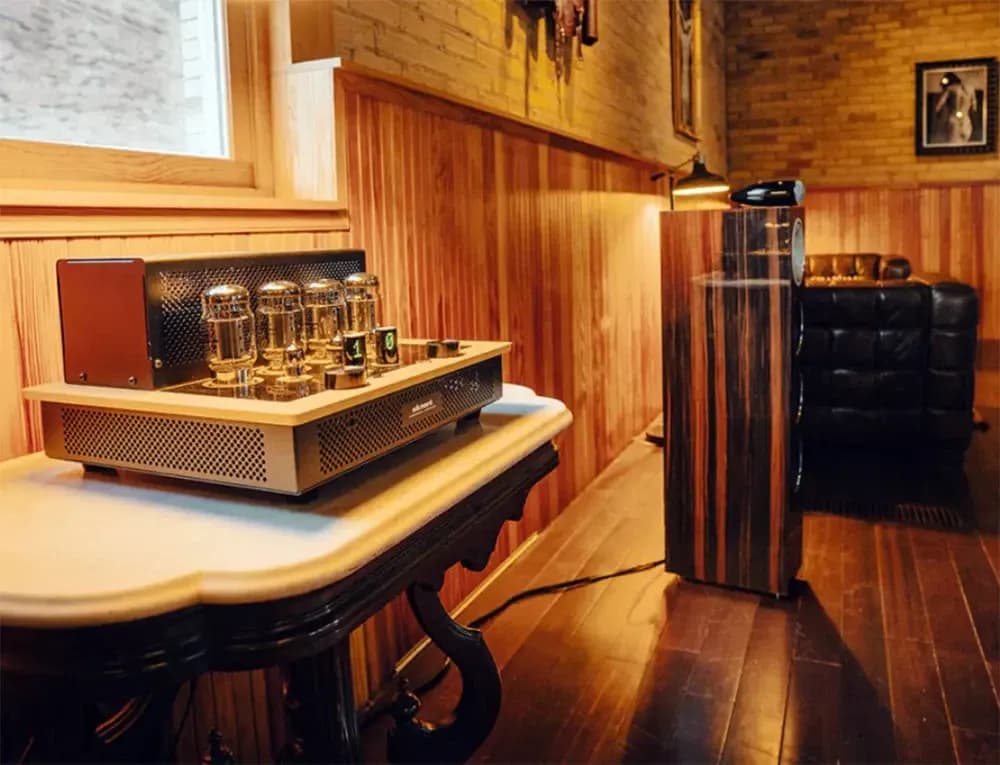CEN.GRAND Revolutionizes Digital Audio with GLD1.0 Deluxe Media Player
By HiFi Editorial24 February 2026

Key Highlights
Introduces a proprietary PCIe-based audio transmission system, departing from USB for superior fidelity and precision.
Utilizes a custom protocol (POW) with optical fiber and BNC connectors for jitter-free, bit-perfect data.
Supports high-resolution native audio playback (DSD512, PCM 384 kHz) with diverse output formats for DAC compatibility.
CEN.GRAND has taken a bold step in redefining digital audio transmission with the launch of its GLD1.0 Deluxe Media Player, introducing a specialized PCIe-based delivery system that firmly departs from the ubiquitous USB standard. Designed for the audiophile who seeks precision and fidelity, the GLD1.0 Deluxe marks the first consumer-grade audio transport to utilize a proprietary PCIe system for data streaming, addressing long-standing limitations in traditional USB protocols.
USB audio, while dominant across the industry, has always contended with issues like jitter, timing errors, and packet loss. Solutions such as asynchronous buffers and reclocking mechanisms have been developed to mitigate these challenges, but these approaches often patch problems rather than preventing them. The GLD1.0 Deluxe reimagines this architecture from the source, utilizing a custom PCIe data transfer protocol named POW (Parting of the Ways). This system is built around dual-channel operation, with optical fiber handling the data signal and BNC connectors ensuring precise synchronization. As a result, the GLD1.0 Deluxe is capable of native playback of DSD512 and PCM 384 kHz files without interpolation artifacts or lost samples.



